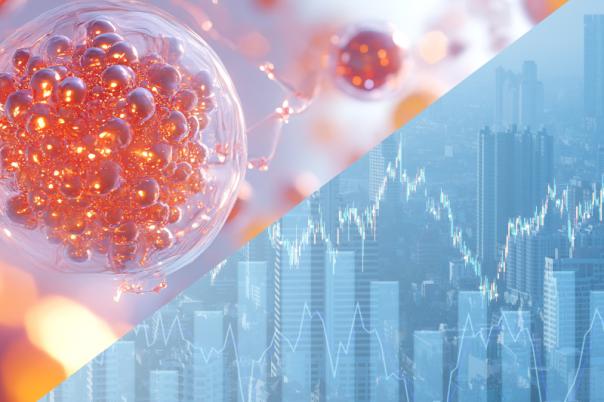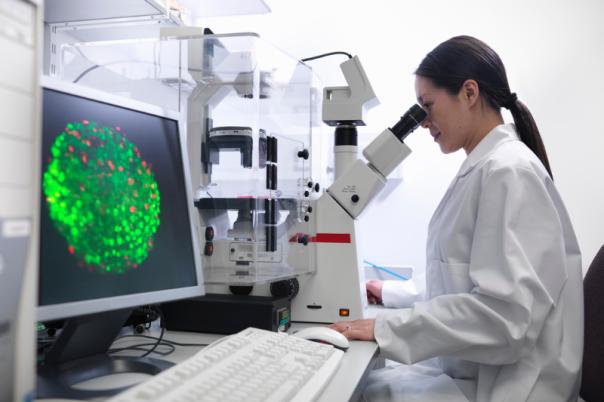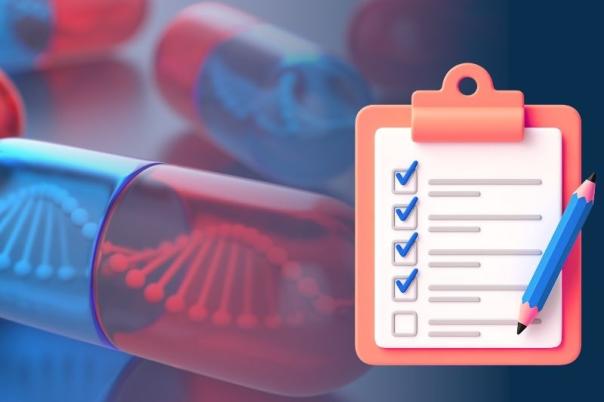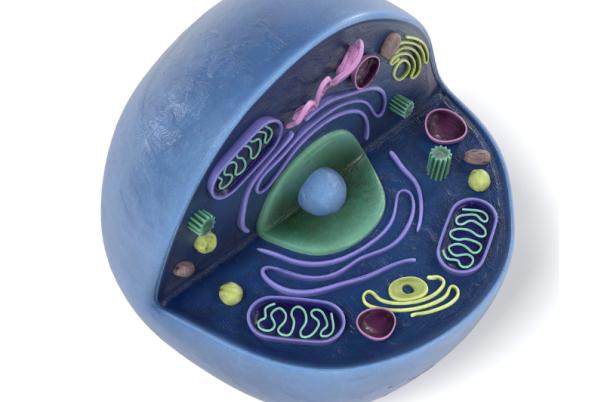One of the fundamental problems with brain damage is the fact that neurons that have been destroyed or damaged by injury or disease do not grow back as cells in other parts of the body do. This poses a significant challenge for brain repair. In this presentation, Benedikt Berninger, Professor at King’s College London and Group Leader at the Francis Crick Institute, outlines how his lab has pioneered an experimental approach to regenerating neurons from inside the brain.
The goal is to repair the brain from within by engineering resident cells into new neurons, focusing on experimental developmental neurobiology. Berninger explained that there are alternative strategies which are currently being explored in clinical trials which use grafting of cells to replace degenerated neurons, especially in Parkinson's disease and epilepsy. However, his lab’s new strategy focuses on converting existing local glial cells into neurons.
Berninger’s team use viruses, specifically targeting glial cells like astrocytes, to convert them into neurons. Transcription factors, especially pioneer transcription factors like Ascl1, are crucial for reprogramming glial cells into neurons. These pioneer transcription factors can open up closed chromatin in the original cell type and make it available for transcription.
Using a phosphor mutant form of Ascl1 and Bcl-2, the team were able to successfully convert glial cells into neurons in vivo, achieving up to 80% conversion. Furthermore, Berninger showed how their induced neurons can integrate into brain circuits and respond to stimuli, showing potential for functional recovery in conditions like epilepsy.
The team are now conducting further research to ensure these induced neurons fully mature and acquire functional properties similar to endogenous neurons. These findings represent the power of cutting edge experimental developmental neurobiology and open up new avenues and strategies for brain repair.






